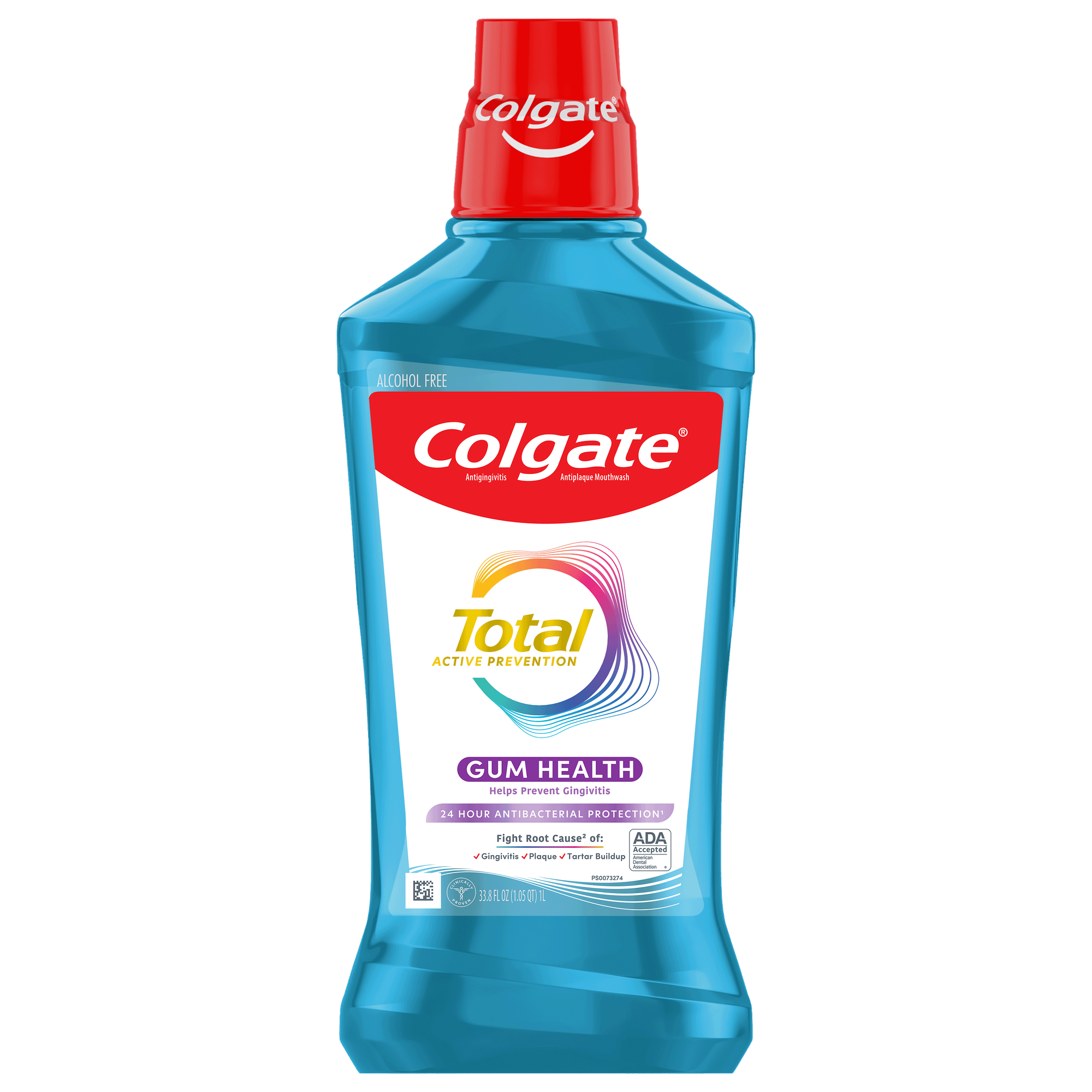How Allergies Can Cause a Sore Throat
The glands in your nose and throat make about one to two quarts of mucus every day, reports the American Academy of Otolaryngology–Head and Neck Surgery Foundation. This mucus has many important functions, such as keeping your nose clean and moistening the air you breathe, and you usually swallow it without realizing. Other times, people may notice mucus dripping down the back of their nose or pooling in their throat. This unpleasant sensation is known as postnasal drip, and it can be caused by allergies.
If you have postnasal drip, the trickle of mucus can irritate your throat and cause soreness and other symptoms, such as feeling a lump in the throat or swallowing more frequently. It may also make you feel the need to clear your throat more often.
Soothing a Sore Throat at Home
Here are several home remedies that may help soothe a sore throat from allergies, according to Harvard Medical School:
- Stay well-hydrated to help to thin the mucus.
- Consume more hot liquids, such as chicken soup.
- Use a humidifier or inhale steam.
- Prop yourself up with a few extra pillows at night, since mucus can collect in the back of your throat when you lie flat.
There are also many over-the-counter medications available, including oral decongestants and antihistamines. Nasal decongestants may also be helpful, though Harvard Medical School cautions that they shouldn't be used for more than one to two days. For help choosing the most appropriate product, talk to your doctor or a pharmacist.
While these steps can help soothe a sore throat from allergies, they won't prevent future allergy symptoms. Pollen, whether from grass, trees or ragweed, is a common culprit of seasonal allergies, according to the American College of Allergy, Asthma & Immunology, so avoiding exposure to it can help. The Mayo Clinic recommends staying indoors on dry, windy days and, if possible, keeping your doors and windows closed on days with high pollen counts. If you need to do outdoor chores, such as lawn mowing or weed pulling, wear a pollen mask.
When to Seek Medical Help
Postnasal drip can be annoying, but it usually isn't dangerous, as Harvard Medical School explains. However, there are some circumstances when you should seek medical help. See your doctor or dentist if your symptoms get worse or if they aren't relieved by home remedies. You should also see your doctor if your sore throat is accompanied by other worrying symptoms, such as an unexplained fever or bloody mucus.
Allergy season has arrived, and while you may experience a sore throat from allergies, rest assured that there are many home remedies that can help to soothe your symptoms. If these home remedies aren't enough, don't hesitate to seek medical advice.
Oral Care Center articles are reviewed by an oral health medical professional. This information is for educational purposes only. This content is not intended to be a substitute for professional medical advice, diagnosis or treatment. Always seek the advice of your dentist, physician or other qualified healthcare provider.
ORAL HEALTH QUIZ
What's behind your smile?
Take our Oral Health assessment to get the most from your oral care routine
ORAL HEALTH QUIZ
What's behind your smile?
Take our Oral Health assessment to get the most from your oral care routine














